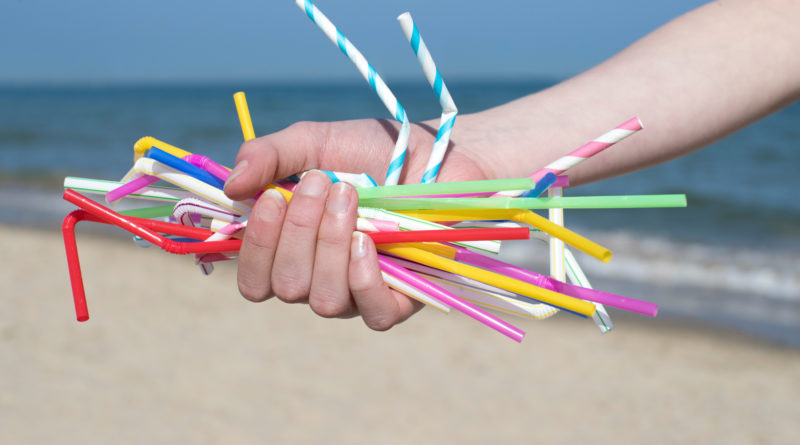Why National Skip The Straw Day Matters
1,544 total views, 1 views today
February 22, is National Skip The Straw Day. The story of Skip The Straw Day’s genesis begins in 2017 in Whitehall, MI, where a team of Whitehall Middle School eighth-graders known as the Coral Keepers successfully petitioned the National Day Calendar website to include Skip The Straw Day on its annual calendar.
Skip The Straw Day’s addition to the calendar came as a welcome surprise to the Coral Keepers. The National Day Calendar only adds 30 new days per year, which is less than one percent of the 18,000 applications it receives. Clearly, something resonated with the people who oversee the calendar, and for good reason — straws contribute more to environmental damage than many people realize (which is a major reason the Coral Keepers pitched this day).
Plastic, single-use straws are a major environmental concern. These straws build up in gyres, which are vast swaths of the ocean in which plastic waste accumulates. The presence of these gyres can be devastating for marine wildlife, and straws are particularly harmful among the many plastics swept into these gyres. In 2015, millions of people watched a viral video in which a plastic straw nestled itself into a turtle’s nostril. It doesn’t take watching the gory video to understand the negative impact that plastic straws can have on wildlife.
A study also released in 2015 found that more than half of turtles across the globe have ingested plastic or other waste materials at some point in their lives. According to Plastic Pollution Coalition, “Plastic ingestion can kill turtles by blocking the gut or piercing the gut wall, and can cause other problems through the release of toxic chemicals into the animals’ tissues.” Skip The Straw Day argues that eliminating straws will vastly reduce the amount of plastic that turtles, among other marine life, encounter.
So, how do we hold ourselves accountable for the effects that plastic, single-use straws have on the environment? There are two main options that experts suggest. The first is to ditch plastic, single-use straws in favor of recyclable paper straws or entirely reusable straws, such as those made from bamboo, glass, or stainless steel. The other is to just not use straws.
That’s right — keeping plastic, single-use straws from exerting their negative impacts on the environment can be as easy as just not using them for those who don’t need to use them. Many restaurants still use plastic, single-use straws, so you may want to tell your server that you don’t plan to use a straw before you even order drinks.
Although the actions you can take to combat straw pollution may feel small, their impacts for marine wildlife — and, really, for all life — may be massive. That the Coral Keepers were able to turn their passion for environmental justice into a national day of action testifies to this notion: Just because one thing you do doesn’t feel as though it’s making an immediate, noticeable difference to the cause doesn’t mean you’re powerless. By founding National Skip the Straw Day, the Coral Keepers are one step closer to doing what their name says.

